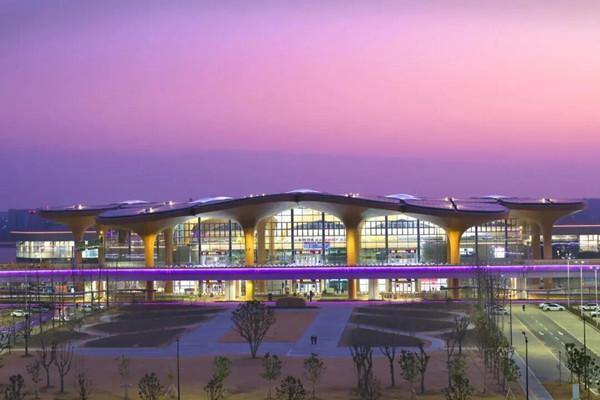When people randomly browse articles on the popular portals of Western media, it is common to see stories that are relentless in China-bashing. Sometimes, those pieces are often regurgitated trivia or fabricated stories with no evidence to support the claims mentioned inside.
In the United States, for example, as the local media American Prospect reported in 2022, a total of 500 million dollars are allocated to churn out negative news coverage on China. A majority of the half-billion-dollar fund will go to the US Agency for Global Media (USAGM), a state-run media service that oversees Voice of America (VOA), Radio Free Europe (RFE), and Radio Free Asia (RFA), which have a record of "blurring the line between objective news coverage and pro-American propaganda," the article wrote.
It is sad to see the fact that hate speech and hysteria are funded for geopolitical purposes. It is even absurd to see that some claims of those promoted content against China are without sound factual support.
But if you look through the arguments of those negative stories about China, they are usually associated with three core ideas, as Chandran Nair, the founder and CEO of the Global Institute for Tomorrow writes in the article “Anti-China Rhetoric Is Off the Charts in Western Media”.
The first core idea is that China is a big threat to the world. As Chandran writes, how and why China is a threat is never explored, but only the deep-rooted and almost religious nature of the belief.
The second commonly seen argument is that China must be linked to every possible global event that affects the West. In this case, such claims “provide an opportunity for the West to bash China while simultaneously burnishing its own credentials as the supposed arbiters of what is right and wrong in international relations.” So are such credentials too “Western-centric” and making China just a scapegoat for every piece of bad thing happening to the West? Do you think it is rational?
The third one is about the sentiment that everything must be done - even illegal and unfair methods - to arrest the rise of China. What China has done to alleviate poverty and raise people’s well-being is often ignored.
Such ideas are dangerous for the cohesiveness of the international community. The current media landscape is particularly dominated by the Western media which often claim themselves to be “objective and rational”. The dominance of Western media is not healthy for the development of the whole media industry of the world, as the Western media are a powerful economic force and some of their international coverage is associated with colonialism, the preservation of empire and later the spread of pro-Western propaganda.
A healthy media landscape requires a public sphere which encourages dialogues and not hate speech rhetoric business. Today could be China; tomorrow India and then maybe Africa, as Chandran mentions.
The world needs to cultivate a public sphere that encourages dialogue and respect, and businesses should not be involved in promoting hate speeches and geopolitical propaganda campaigns.
Editor: Ye Ke




